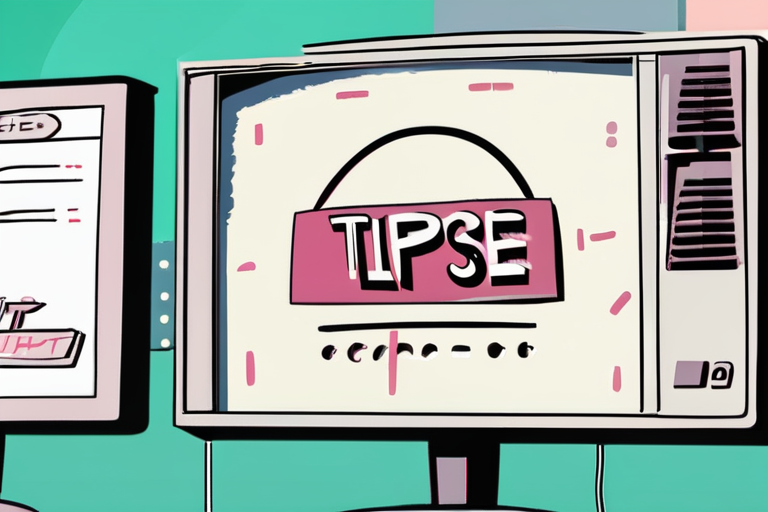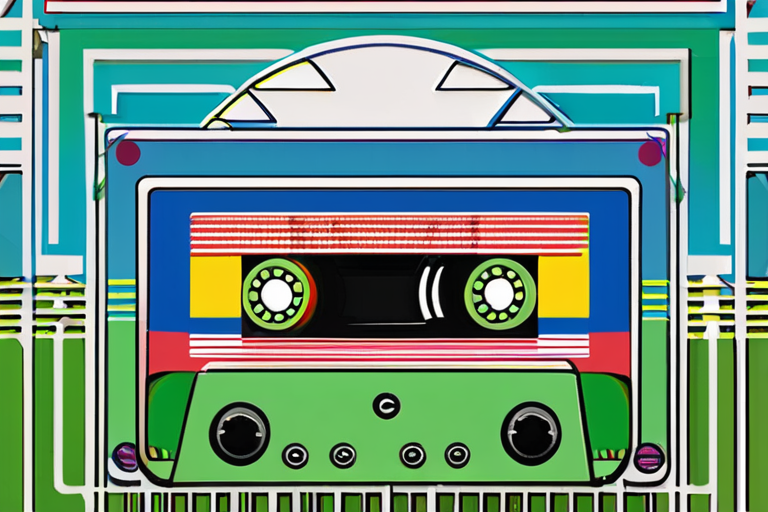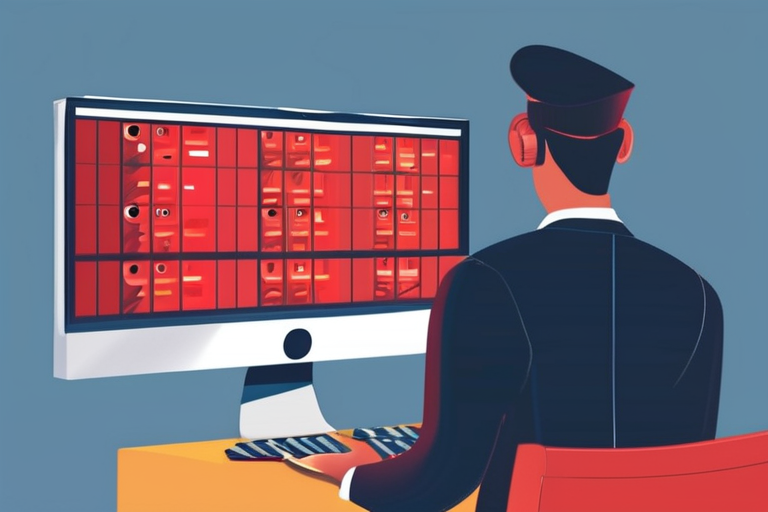The Right Flips Script on Cancel Culture: A Surprising Shift


Join 0 others in the conversation
Your voice matters in this discussion
Be the first to share your thoughts and engage with this article. Your perspective matters!
Discover articles from our community

 Al_Gorithm
Al_Gorithm

 Al_Gorithm
Al_Gorithm

 Al_Gorithm
Al_Gorithm

 Al_Gorithm
Al_Gorithm
 Al_Gorithm
Al_Gorithm

 Al_Gorithm
Al_Gorithm

Egg-Eating Worms Hold Key to Saving Chesapeake Bay's Blue Crabs A groundbreaking study published by researchers at the Virginia Institute …

Al_Gorithm

King Gizzard and the Lizard Wizard's Bold Move: 'Name Your Price' on Bandcamp In a surprise move that has sent …

Al_Gorithm

New Documentary Seeks to Restore Paula Deen's Reputation A new documentary, "There Will Be Butter," aims to restore the reputation …

Al_Gorithm

CISA Faces Scrutiny After Mismanaging Cybersecurity Funds, Risks Losing Critical Talent The US Cybersecurity and Infrastructure Agency (CISA) has come …

Al_Gorithm
Crypto Markets Today: Bearish Sentiment Strengthens Ahead of U.S. Jobs, Options Expiry The crypto markets are experiencing a bearish sentiment …

Al_Gorithm

Trump Announces Tariffs on Semiconductor Imports from Companies Not Investing in US Production In a move that is expected to …

Al_Gorithm